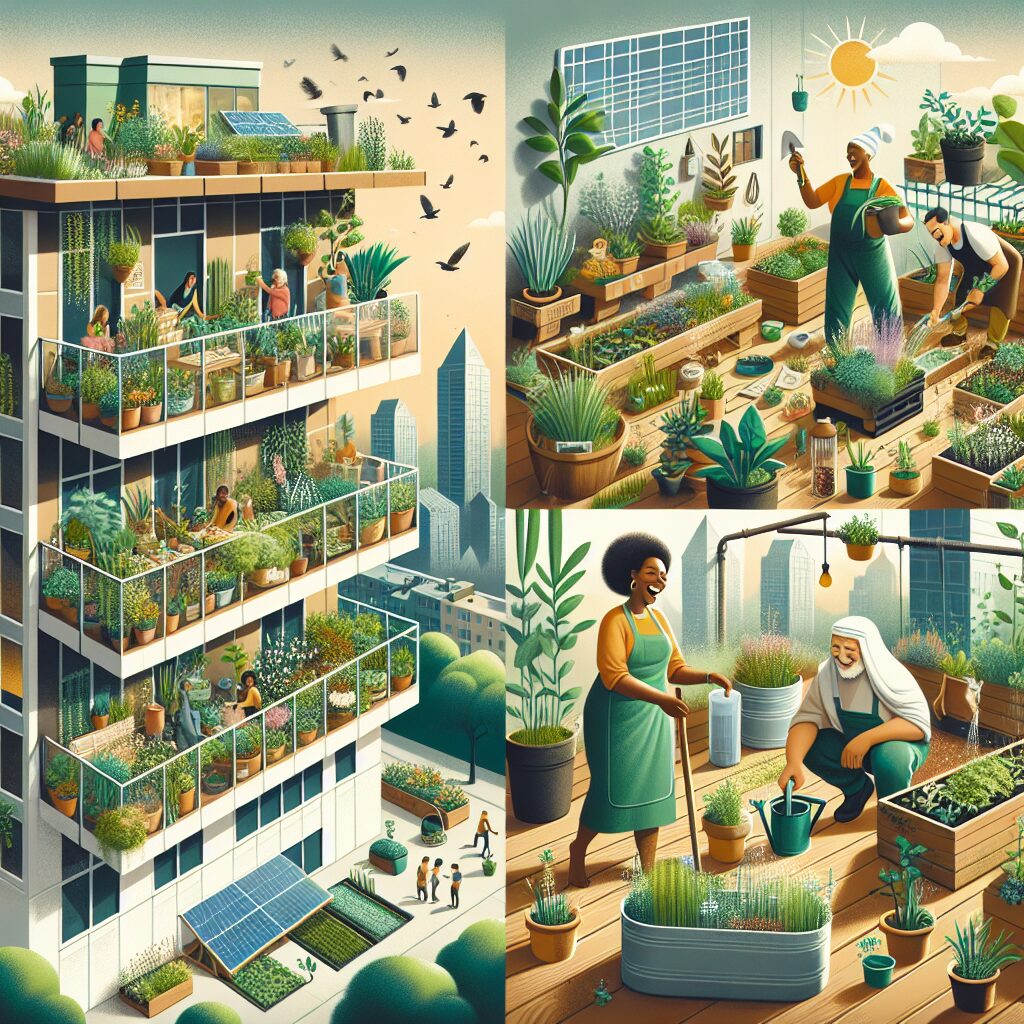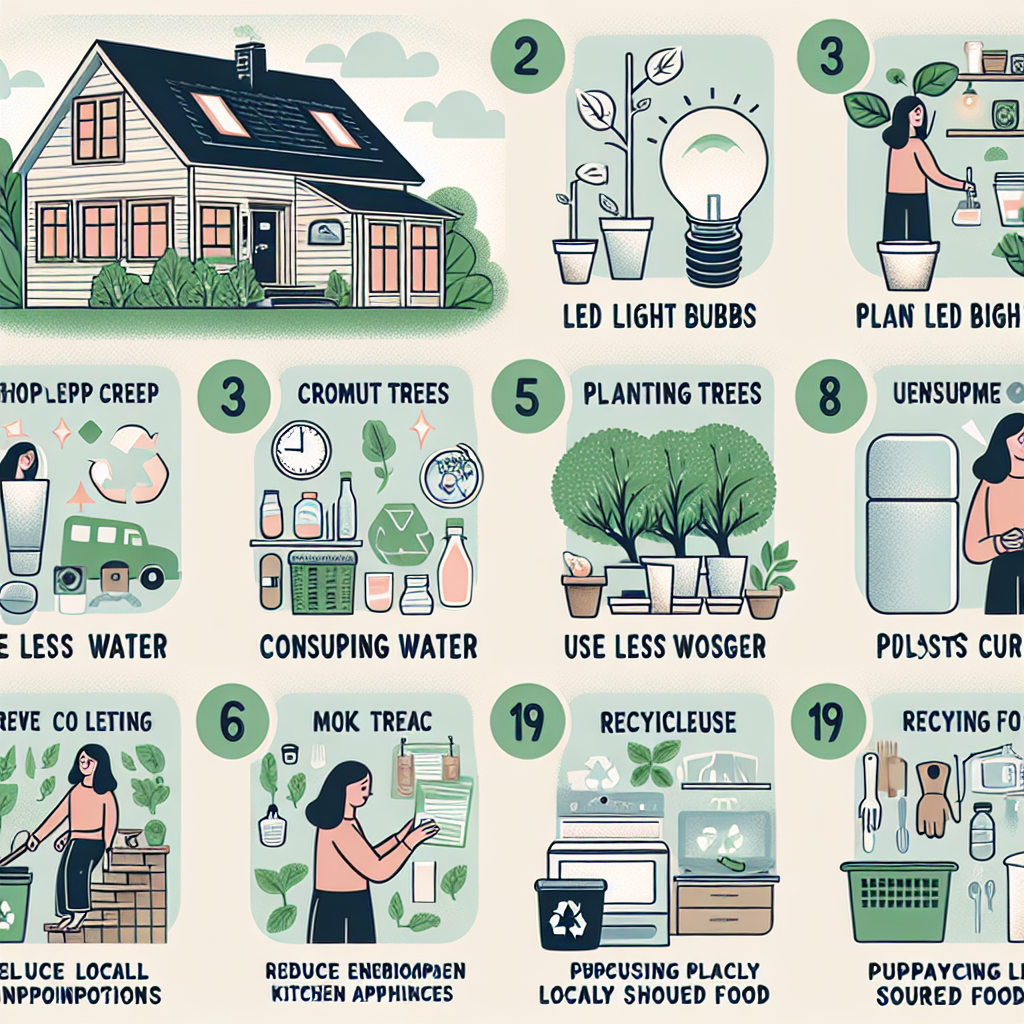
The Benefits of Urban Gardens in Promoting Green Living
Urban gardens have become increasingly popular in recent years, and for good reason. Not only do they provide a beautiful and serene space in the midst of the concrete jungle, but they also play a crucial role in promoting green living. In this article, we will explore the various benefits of urban gardens and how they contribute to a more sustainable and eco-friendly lifestyle.
One of the most obvious benefits of urban gardens is their ability to improve air quality. With the rise of pollution in urban areas, having green spaces that can absorb carbon dioxide and release oxygen is essential. Urban gardens act as natural air filters, helping to reduce the harmful effects of air pollution and creating a healthier environment for both humans and wildlife.
In addition to improving air quality, urban gardens also help to mitigate the urban heat island effect. This phenomenon occurs when cities become significantly warmer than surrounding rural areas due to the abundance of concrete and asphalt. By introducing green spaces, such as rooftop gardens and community parks, the temperature in urban areas can be significantly reduced. This not only makes the city more comfortable for its residents but also reduces the need for excessive air conditioning, thus saving energy and reducing greenhouse gas emissions.
Urban gardens also play a crucial role in promoting biodiversity. As cities continue to expand, natural habitats for plants and animals are being destroyed. Urban gardens provide a refuge for various species, including birds, bees, and butterflies, which are essential for pollination and maintaining a healthy ecosystem. By creating these green spaces, we are not only preserving biodiversity but also ensuring the survival of these vital species.
Furthermore, urban gardens have a positive impact on mental health and well-being. In a fast-paced and stressful urban environment, having access to green spaces can provide a much-needed respite. Studies have shown that spending time in nature can reduce stress levels, improve mood, and increase overall happiness. Urban gardens offer a peaceful sanctuary where people can connect with nature, relax, and recharge.
Another benefit of urban gardens is their ability to promote sustainable food production. With the increasing demand for fresh and organic produce, urban gardens provide a local and sustainable solution. By growing fruits, vegetables, and herbs in urban areas, we can reduce our reliance on long-distance transportation and the associated carbon emissions. Additionally, urban gardens can serve as educational spaces, teaching people about the importance of sustainable agriculture and inspiring them to grow their own food.
Lastly, urban gardens foster a sense of community and social cohesion. They provide a space for people to come together, share knowledge, and collaborate on gardening projects. Community gardens, in particular, encourage social interaction and create a sense of belonging. They bring people from diverse backgrounds together, fostering friendships and creating a stronger and more connected community.
In conclusion, urban gardens play a vital role in promoting green living. From improving air quality and mitigating the urban heat island effect to promoting biodiversity and sustainable food production, these green spaces offer a multitude of benefits. Moreover, they provide a sanctuary for mental well-being and foster a sense of community. By embracing urban gardening, we can create a more sustainable and eco-friendly future for our cities. So, grab your gardening tools and join the green revolution!

